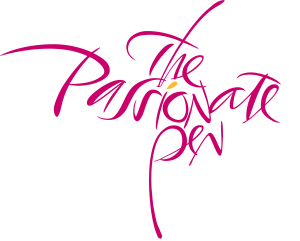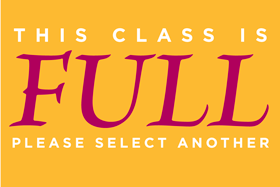
Mike Gold
North Royalton, OH
A25 — Hand Drawn
One-Day Class, Sunday, July 26
Beginner
Design, Lettering
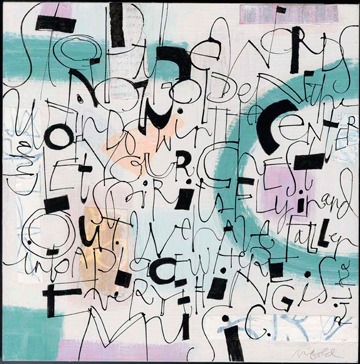
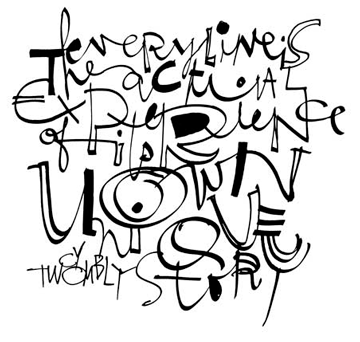
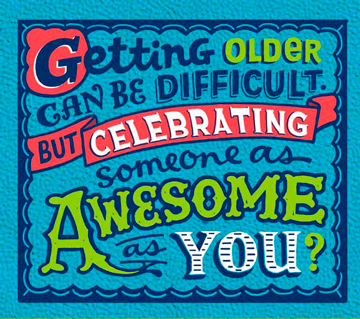
We will look at examples of this lettering and the works of some of the artists doing it. We will explore why it is so popular. And, finally, we will do a couple projects that will give us some hands-on experience. One of the projects will involve composing a piece using hand drawn, type-based letterforms. The other will be a little more abstract, hand drawing letterforms with pen and ink in a colorful composition.
There will be lots of visual reference and a resource list of books and magazines to further your practice.
Supply List
- Basic calligraphy supplies plus:
- Borden & Riley Monroe Triple T parchment tracing paper, 9″ x 12″ (or equivalent)
- Borden & Riley Boris layout bond, 9″ x 12″ (or equivalent)
- Pentel Color Brush pen (with black ink cartridge)
- Pencils
- Black pointed markers, like Sharpie fine and medium
- Basic watercolor set
Recommended books and magazines to check out (not necessary to buy for class):
- Handwritten: Expressive Lettering in the Digital Age, by Steven Heller & Mirko Ilic
- Hand Job, by Mike Perry
- The Little Book of Lettering, by Emily Gregory
- Communication Arts, Typography Annuals
- Print magazine, Regional Design Annuals
Also: There’s plenty of reference online at Pinterest: search Hand Lettering
 Mike Gold is a senior lettering designer at American Greetings in Cleveland, OH, where he has worked for over twenty years. As part of his freelance business, abbeygold design (www.abbeygolddesign.com), he has done lettering design work for clients around the country. Mike has an M.A. in Visual Communications and over 30 years experience as a commercial artist.
Mike Gold is a senior lettering designer at American Greetings in Cleveland, OH, where he has worked for over twenty years. As part of his freelance business, abbeygold design (www.abbeygolddesign.com), he has done lettering design work for clients around the country. Mike has an M.A. in Visual Communications and over 30 years experience as a commercial artist.
He has taught around the country and at several international calligraphy conferences. Collaboration has been a feature of much of his personal work and he especially cherishes the 20-year involvement with Scribes 8, a collaborative group based in New Mexico, and the work and teaching he’s done with Judy Melvin. Mike’s work has been included in numerous Letter Arts Review annuals since 1991. The Autumn 2011 issue of LAR (25:4) includes a lengthy article featuring the work he did with Judy, along with his own work and describes their working process.
Mike’s work is calligraphically inspired and covers a range from abstract to representational, but is certainly not traditional calligraphy. He is influenced by the Asian art traditions and takes a Buddhist approach to his work, where process is as important as product, spontaneity and working in the moment are key, and there is not an attachment to words, even when they are readable. He sees letters as design elements with which to play with form and line and shape on a page. His intent is to make calligraphic art that will be experienced and seen before it is read. This does not mean words are insignificant. As in Buddhist practice, words are often the finger that points the way.
